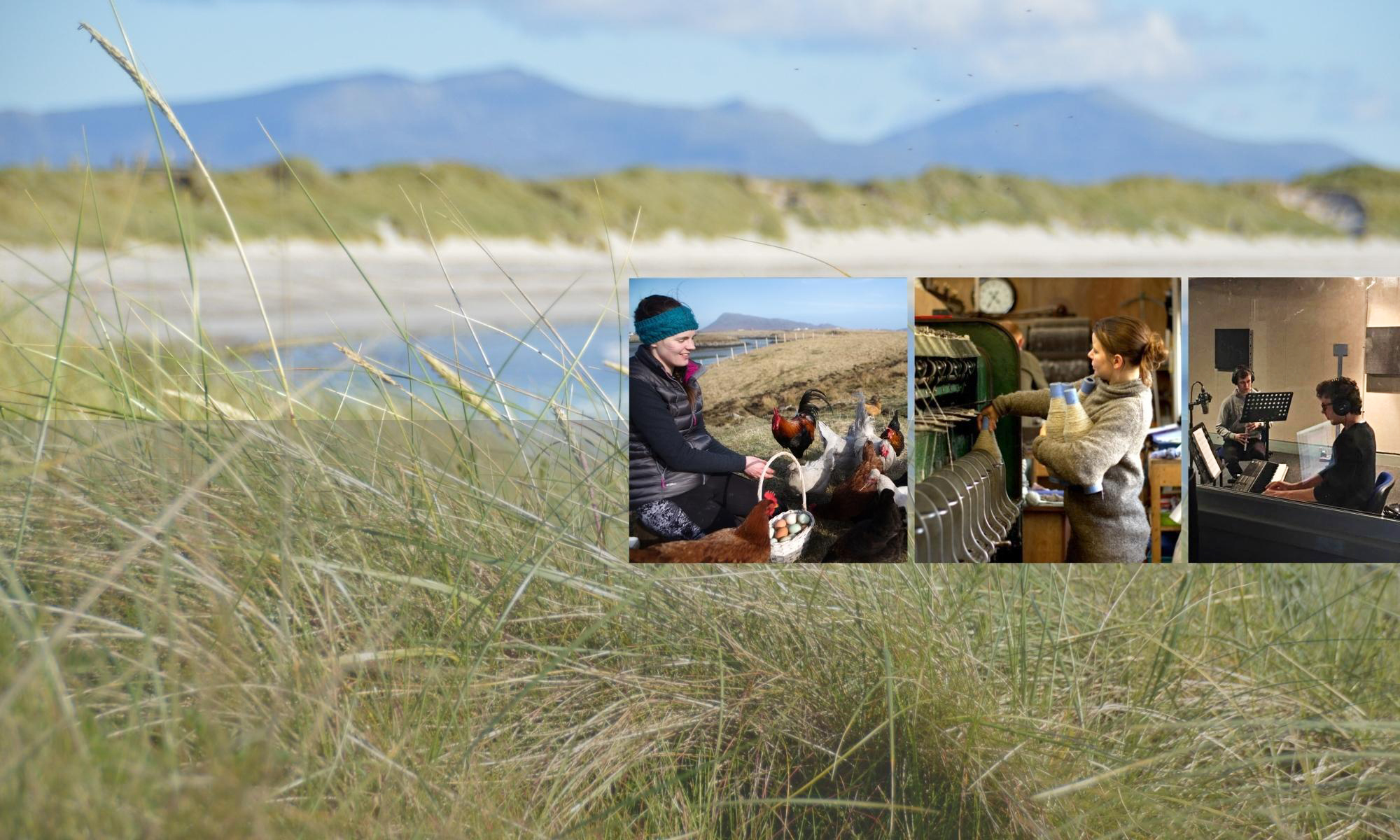CoDeL was launched in 2018 on the back of community-rooted demographic research on 469 young people returning, settling, or staying in Uist in the Outer Hebrides, which led to the Islands Revival blog with 20 casestudies of diverse island communities that were turning the tide of depopulation. Ever since CoDeL has delivered research and policy, as well as direct action (like the digital platform Uist Beò), to enable rural and island communities to thrive, including addressing their demographic challenges.
CoDeL’s most recent research, commissioned by a community organisation, the Glenkens & District Trust (GDT) in Dumfries and Galloway, reveals that innovative approaches to rural education are vital for community sustainability (see GDT’s press release here).
The report cites evidence from the latest rigorous published research that school closures contribute to depopulation. Other key findings focus on the role that place-based education can play in sustaining local communities, and the local economy. The findings are backed by plenty of casestudies from rural and island Scotland, and elsewhere, on successful models of educational provision that have been developed to sustain rural communities in practice.
Perhaps the most significant sentence in the report is the following on page 13: “What is required is a significant rebalancing of schooling that does not just focus on learning to leave, but gives rural young people genuine choice and opportunity (a) to pursue their lives, and work, locally within their community, or (b) to migrate elsewhere, whether to urban or other rural places, or (c) to pursue a mix of these options.” (Prof Roger Crofts)
A key part of the review was engaging with communities in the Glenkens on their views. During the community sessions CoDeL facilitated a vision emerged for an educational hub at the heart of the community to deliver rural place-based learning from cradle to grave. The hub could become a centre of excellence for relevant rural skills, for example for the land-based and renewable energy sectors.
“Our research confirmed the critical role that education plays in sustaining rural populations. Evidence from the research suggests there are many proven strategies for education to help sustain and build rural communities. Combined with the passion, commitment and deep understanding of education we found within local communities, and with the Council’s priority to tackle depopulation, the research findings suggest there is a real opportunity to develop education provision in the Glenkens that is innovative and transformational.” (Theona Morrison, co-Director of CoDeL)
We wish the diverse stakeholders in the Glenkens every success in realising such a vision in practice. Certainly, the commitment and passion for education within communities in the Glenkens is beyond doubt, as is the depth of their relevant knowledge and experience, insight and aspiration.

